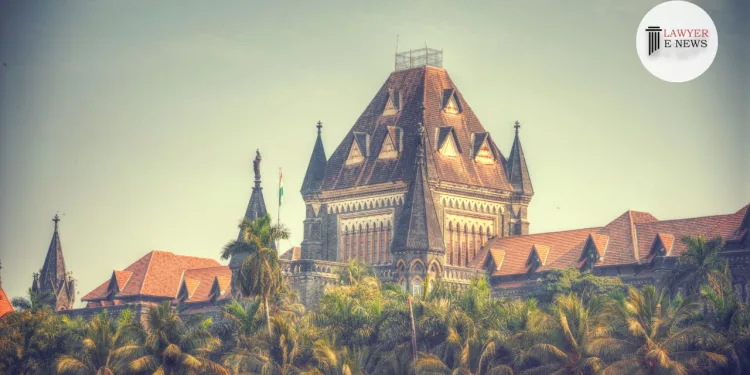Prohibition Against Substitution is Arbitrary and Frustrates the Objective,” Rules Bombay High Court on Compassionate Appointments

In a significant judgment, the Bombay High Court at Nagpur has affirmed the validity of the State of Maharashtra’s compassionate appointment policy, allowing substitution of the candidate under certain conditions. The judgment, delivered by a full bench comprising Justices Anil S. Kilor, Anil L. Pansare, and M. W. Chandwani, clarifies key aspects of compassionate appointments, addressing issues of age limits and waiting lists.
The court addressed the contentious issue of substituting a candidate who has applied for a compassionate appointment but becomes ineligible due to age restrictions. The policy under scrutiny permits substitution if the original applicant dies before the appointment is made. However, the court expanded on this, allowing substitution if the candidate crosses the upper age limit of 45 years.
“The prohibition against substitution imposed by the Government Resolution is arbitrary and frustrates the very objective of the compassionate appointment scheme,” the bench noted.
The court upheld the policy of maintaining a waiting list for compassionate appointments. The waiting list, according to the judgment, provides transparency and helps candidates understand their status regarding their application. The court observed that such a list is essential to eliminate arbitrariness in the appointment process, particularly when appointments take a long time to materialize due to limited vacancies.
“The waiting list in the matter of compassionate appointments is nothing but a list of aspirants maintained on the basis of the date of application, ensuring transparency in the process,” the court remarked.
The judgment extensively discussed the principles guiding compassionate appointments, emphasizing that the primary objective is to provide immediate financial relief to the bereaved family of the deceased employee. The court reiterated that compassionate appointments are not a source of recruitment but a humanitarian concession to tide over a sudden financial crisis.
Justice Anil S. Kilor observed, “Substitution of a candidate does not equate to a fresh application but rather ensures that the family receives the intended relief despite procedural delays or unforeseen circumstances”.
The Bombay High Court’s ruling reinforces the importance of compassionate appointments in providing timely assistance to families of deceased employees. By permitting substitution and upholding the waiting list policy, the judgment ensures that the compassionate appointment scheme remains aligned with its humanitarian objectives. This landmark decision is expected to streamline the appointment process, providing much-needed relief to deserving families.
Date of Decision: May 28, 2024
Sandhya Gajanan Lahane And Another vs. The State Of Maharashtra






